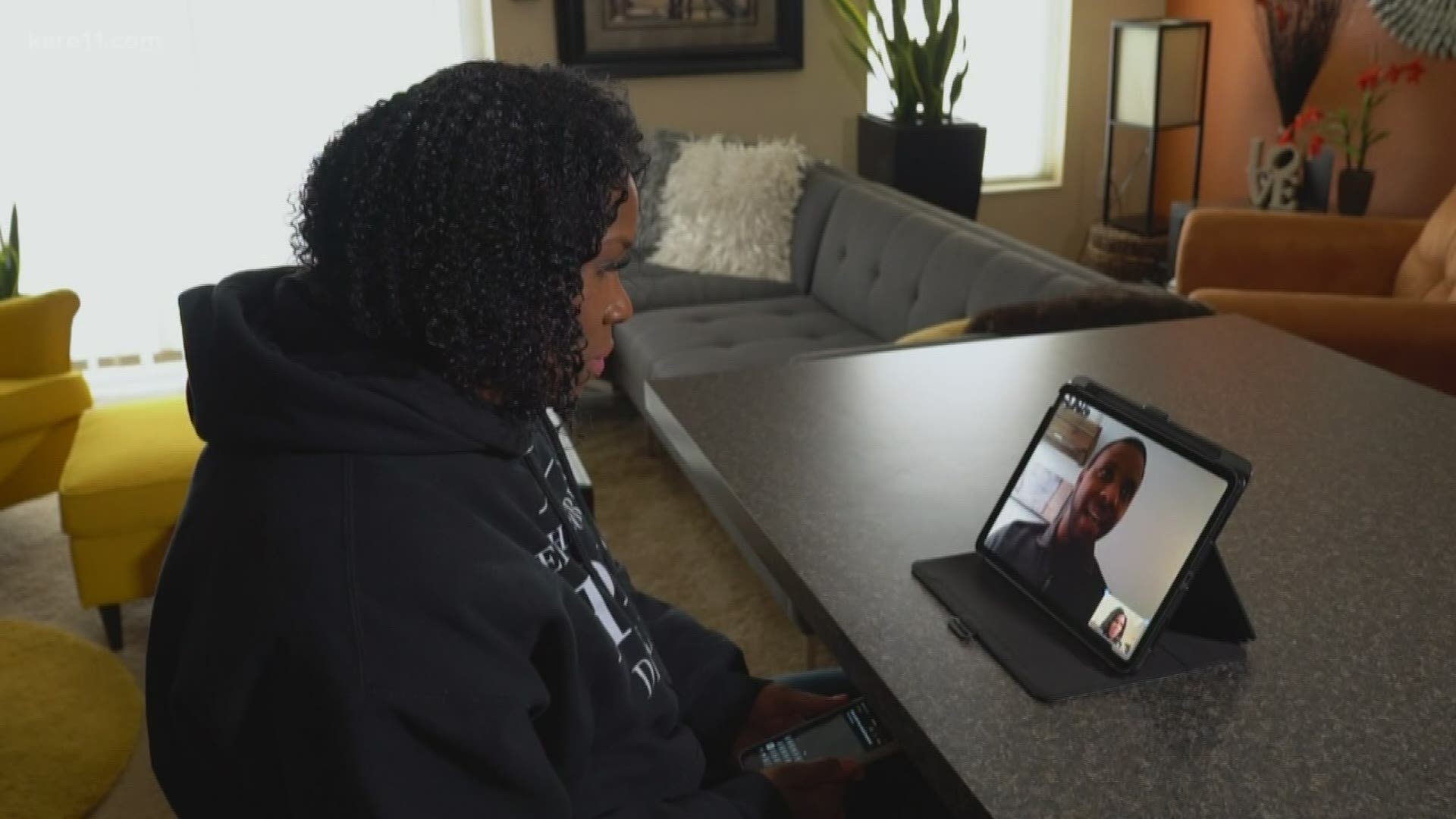Brace yourselves.
That is the message from President Trump and the US Surgeon General.
This weekend, both said that this week will be the worst yet for COVID-19 deaths in the United States. Without social distancing measures in place, President Trump said the death total could be worse. The recommendation: Stay home for two weeks unless going to the grocery store or pharmacy is essential.
So how do you handle the isolation? After all, we are able to walk outside or step in the backyard for a change of scenery.
Elizer Darris learned early how to cope and overcome isolation.
He said he spent 17 years behind bars for a crime he was accused of committing when he was 15.
The Supreme Court eventually overturned his conviction.
But those 17 years taught him how to overcome the pain of isolation.
Darris, who now works as a social justice organizer with the MN ACLU, wrote about the four lessons he learned here.
The first lesson: This, too, shall pass.
"It is difficult. I recognize that this is a really tough time for people, isolation,” he said. “The first thing is to recognize this is going to eventually end. There will be an end. Formally acknowledge it in your mind.”
He also says pursue personal development.
"When I was incarcerated if I was ever taken into isolation one of the things I would do is read,” he said. "This is a perfect opportunity to deal with ourselves. We are (inside) so why not come out as our best selves or a better version of our self,” he said.
RELATED: COVID-19 pushes lifestyle change
His fourth lesson learned is linked to exercise: Move your body.
"When I was in solitary confinement, the easiest thing to do was just lay there and not do anything,” he said. “It is a very difficult thing for your mind to tell your body get up and do something, especially when you're restricted. When I would get up and actually move my body, at the end of that I would just always feel great. I would feel better about my circumstances."
Indeed, many have unloaded on social media saying they are stuck at home.
Try replacing stuck with safe at home.

